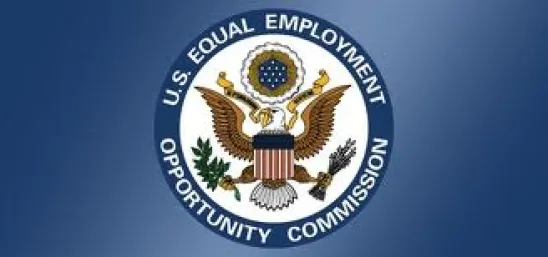The EEOC (Equal Employment Opportunity Commission) has sued an employer because the penalty to employees for not participating in its wellness program was so steep that it made the “voluntary” program involuntary. EEOC v. Orion Energy Systems, E.D. WI, filed August 20, 2014). Because the program was involuntary, the disability related questions employees were asked violated the ADA (Americans with Disability Act), according to the EEOC’s Complaint. The EEOC also alleged that the employer terminated the lone employee who declined to participate in the program because of her objections to it. This is the first lawsuit brought by the EEOC challenging the substance of an employer’s wellness program.
According to the Complaint, the Company paid 100% of the health insurance premium for employees who participated in its wellness program and paid nothing toward the premium of any employee who did not participate, leaving the employee to pay 100% of the premium. In its press release announcing the lawsuit, the EEOC described the penalty for employees who do not participate as “steep” and “enormous.”
According to the Complaint, participants in the employer’s wellness program completed a Health Risk Assessment (HRA), which included having blood work done. The “fitness” component of the program involved completing a medical history questionnaire and then using the Company’s range of motion machines. The Complaint also alleges that there was a $50 “penalty” for not participating in the fitness component.
The EEOC regulations and Interpretive and Enforcement Guidance, permit employers to conduct medical examinations, which can include obtaining medical histories, as part of a voluntary wellness program. For many years, the EEOC’s position has been that “[a] wellness program is ‘voluntary’ as long as an employer neither requires participation nor penalizes employees who do not participate.” Just last year, the EEOC reiterated that it “has not taken a position on whether and to what extent a reward amounts to a requirement to participate, or whether withholding of the award from non-participants constitutes a penalty, thus rendering the program involuntary.” Obviously, in this case, the EEOC has taken a very definitive position that any penalty it determines to be “steep” and “enormous” would make an otherwise voluntary program involuntary. Earlier this year, the EEOC said that it plans to issue guidance this year concerning the amount of a reward/penalty allowed for a program to be “voluntary.”




 />i
/>i

